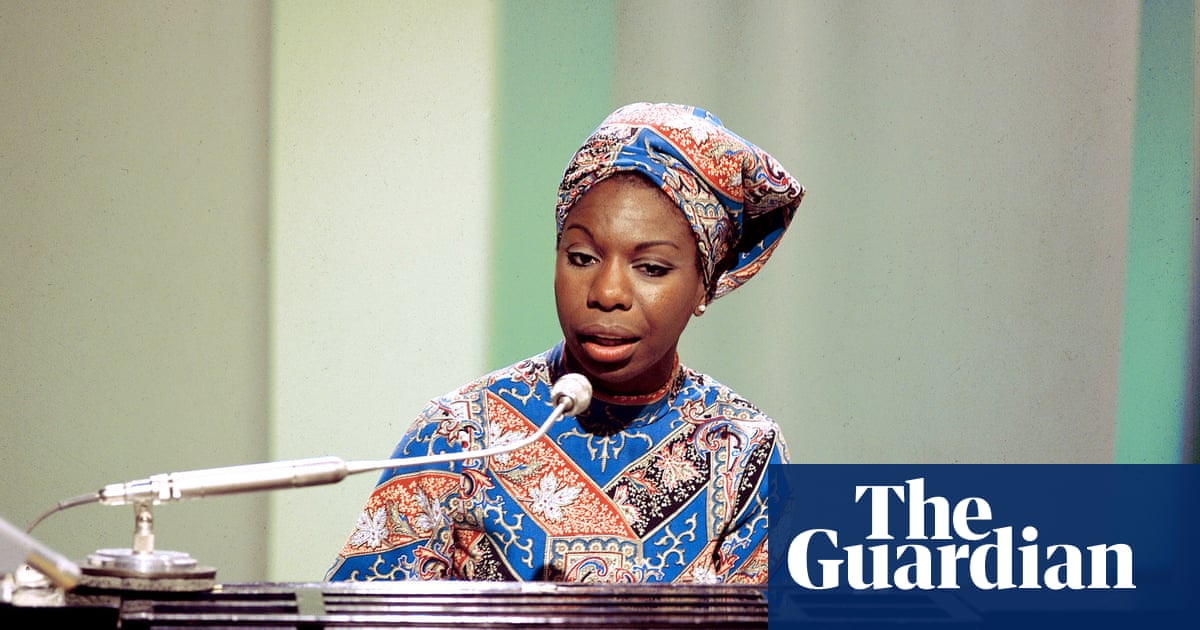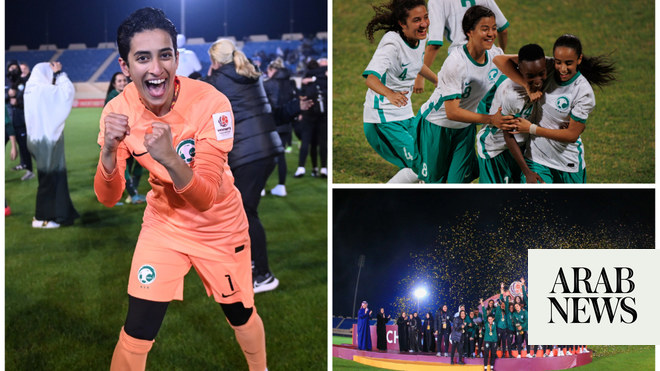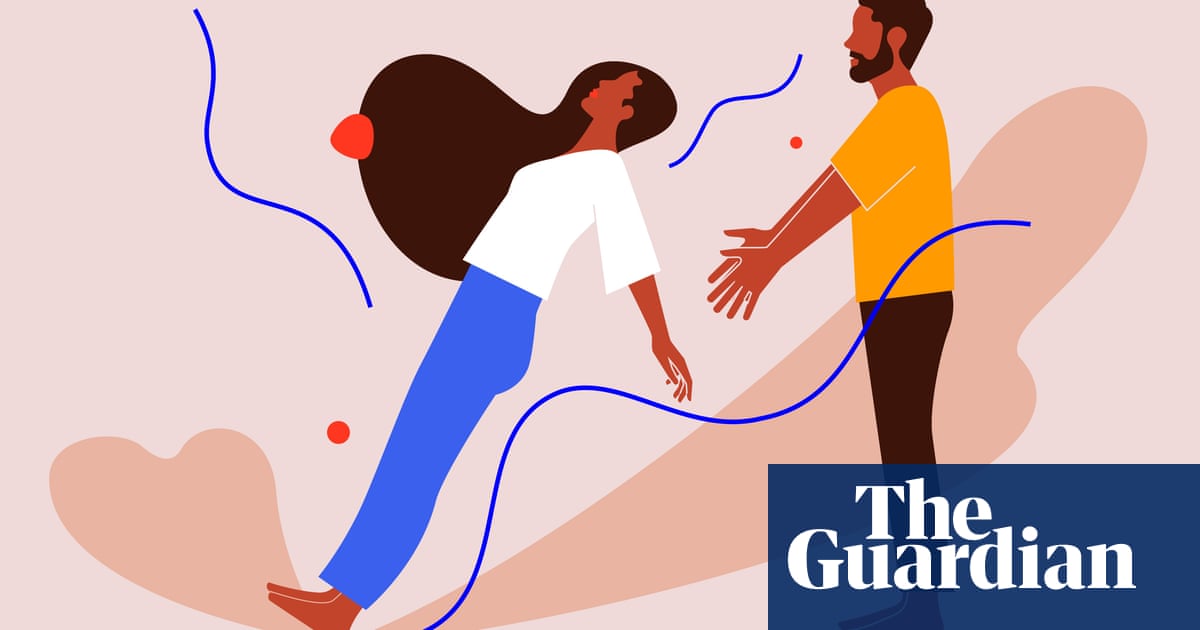
The first black couple to win Love Island said they hoped their victory could be the “start of something good” and become a watershed moment, allowing more diverse contestants to be accepted on the hit ITV2 show.
Mimii Ngulube and Josh Oyinsan made history on Monday when they won the public vote on the dating show that – despite running for 10 years and 11 series – has never produced a black winning couple.
Ngulube, a nurse from Portsmouth, and Oyinsan, a semi-professional footballer from Dartford, Kent, said they were coming to terms with the “whirlwind” that has hit them since leaving the Mallorcan villa where the show is shot.
“We never went in there thinking: ‘We want to be the first black couple to win this,’” said Oyinsan.
The show has produced black finalists before, and last year’s winners (Sanam Harrinanan and Kai Fagan) were the first minority ethnic victors, but there had never been a winning black couple.
“It is an amazing thing that’s happened,” added Ngulube. “It didn’t really sink in until I saw all the articles and comments on it, which shows how impactful it has been in such a good way. It’s quite humbling.”
In winning the contest, the pair defeated rivals Nicole Samuel and Ciaran Davies, Matilda Draper and Sean Stone, and Jessica Spencer and Ayo Odukoya, while taking home the £50,000 prize.
Love Island’s impact on fashion, language and body standards over the past decade is well documented, but it has also been an often uncomfortable prism through which to look at race in the UK.
Both Ngulube and Oyinsan said they were acutely aware of the criticism the show has received, but were hopeful their victory could be a turning point.
“It’s always something you’re going to think about,” said Ngulube. “Coming out of it and winning it is the start of something good. Hopefully we’ll see more people putting themselves out there.”
Black former contestants have spoken about the difficulty of being on the show, from not being picked as a partner, to microaggressions from fellow housemates and online abuse after leaving the show.
Dami Hope, who appeared in 2022, said black contestants had to “work twice as hard” to succeed on the show, while shortly before this season aired, 2023’s runner-up Whitney Brown made a TikTok with the comment “Pov: you’re a black girl on reality TV” showing her being cut off as she tried to speak.
The problem has not been limited to Love Island. Other reality TV shows, such as Big Brother, have been criticised for their treatment of black contestants.
In 2016, the Guardian analysed the voting results of the BBC’s Strictly Come Dancing and found that being black or minority ethnic increased a contestant’s chances of being in the bottom two by 71%, and being both black and female increased those odds by 83%.
Dark-skinned black contestants have often fared the worst on Love Island. Sherif Lanre, Samira Mighty, Malin Andersson, Marcel Somerville, Yewande Biala and Leanne Amaning have all been picked last when contestants choose who they want to couple up with, and often left the show early after public votes.
The lack of diversity in this year’s initial selection of contestants – Ngulube was the sole black woman – was criticised, especially as it came after 2023, when there were six black islanders out of a total of 18.
“Being a person of colour, you know there’s always going to be struggles,” said Oyinsan. “But I never let that stop me. I believe in what I hold, what I am and my character. I like to believe we’ve come a long way as a country [and] judge people more on their character, and us winning is testament to that.”












